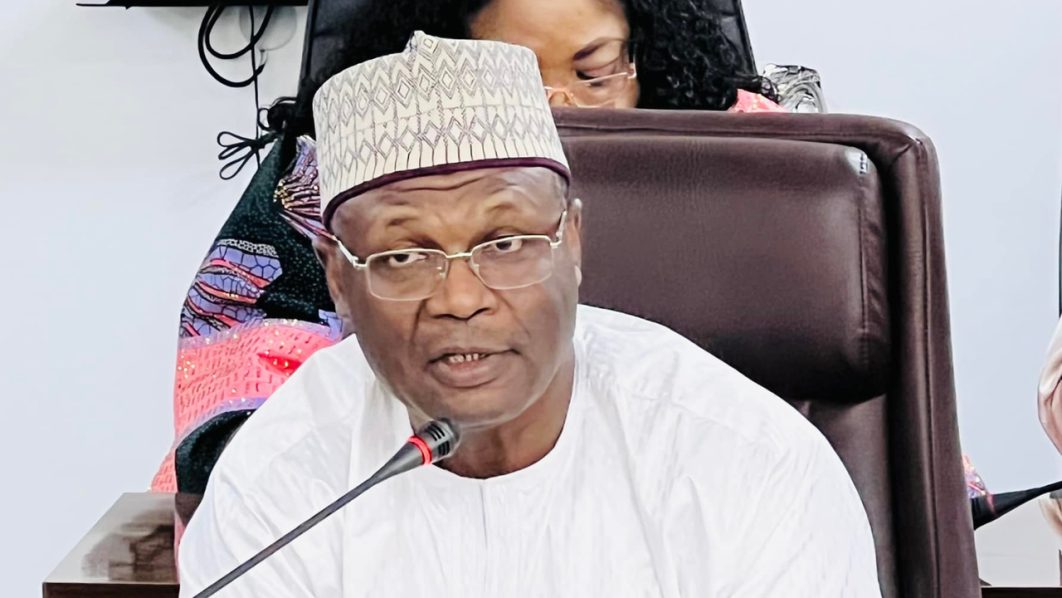The Independent National Electoral Commission (INEC) is being sued by twenty-four Nigerians for “failing to give them and other seven million Nigerians adequate time and opportunity to complete their voter registration after they have carried out their registration online.”
The plaintiffs are suing to “finish the registration process so that they can get their permanent voter cards (PVCs), and exercise their right to vote.” They are suing on behalf of seven million other Nigerians in addition to themselves.
Only 3,444,378 Nigerians, out of 10,487,972 who pre-registered online, completed the procedure in a physical centre, according to current information from INEC.
Read Also: LASTMA Clarifies Viral ‘One-Way’ Drive Video By Personnel
Just 32.8 percent of completed online registrations are represented by this.
But in suit number, FHC/ABJ/CS/1662/2022 filed at the Federal High Court, Abuja, last Friday, the Plaintiffs are seeking “an order of mandamus to direct and compel INEC to re-activate its continuous voters’ registration exercise to allow the Plaintiffs to complete their registration and collect their Permanent Voters’ Cards (PVCs).”
They are also arguing that “The inability to complete our registration is entirely due to factors outside of our control.”
The twenty-four Nigerians include Ayoola Opeyemi Ebenezer; Eche Onah Otakpa; Olatoye Clement Damilola; Adeeyo Bayo Wasiu; Kunat Tychius Amos; Emeghe Uchanma Grace; Ogunejiofor Raphael Emeka, Tagbo Philips Chidubem.
Others include: Emmanuel Promise Tochukwu; Emmanuel Ternajev, Adedotun Adegoke Babatunde, Nkemdilim Agbor Bassey, Joy Oluwadamilola Ige; Lawerence Ignatius; Agbede Kunle and Eze Daniel Ndubisi.
Others are Omoike Iredia Oseine; Ndubuisi Anthony Ahanihu; Akande Akintunde O; Adamma Rhodes, Joshua Patrick Ogenekaro; Wisdom Emeka; Ukpe Victor Destiny, and Abayomi Opeoluwa.
The suit was filed on behalf of the Plaintiffs by lawyers to Socio-Economic Rights and Accountability Project, SERAP, Kolawole Oluwadare, and Adelanke Aremo, partly read: “Closing the gates on eligible Nigerians cannot preserve trust in the electoral process.”

